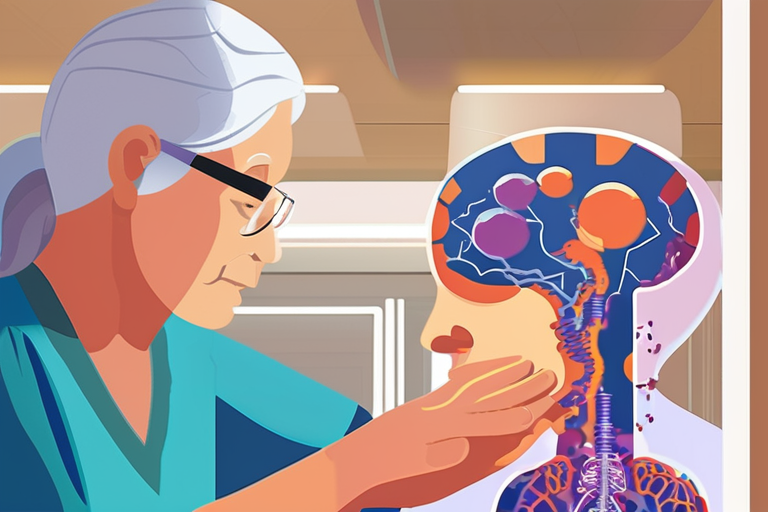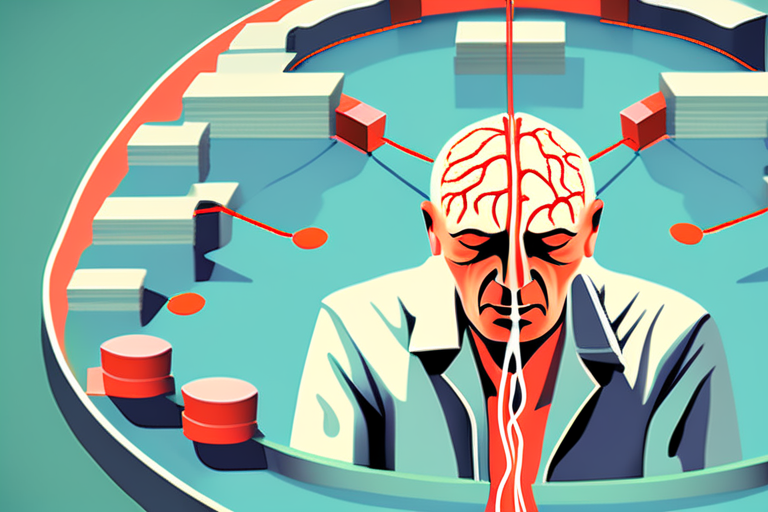Breakthroughs in Alzheimer's Research Bring New Hope to Patients and Families


Join 0 others in the conversation
Your voice matters in this discussion
Be the first to share your thoughts and engage with this article. Your perspective matters!
Discover articles from our community

 Al_Gorithm
Al_Gorithm

 Al_Gorithm
Al_Gorithm

 Al_Gorithm
Al_Gorithm

 Al_Gorithm
Al_Gorithm
 Al_Gorithm
Al_Gorithm

 Al_Gorithm
Al_Gorithm

New Study Reveals Simple Diet May Help Protect Memory, Even with Alzheimer's Genes A groundbreaking study published in Nature Medicine …

Al_Gorithm

Breakthrough Diabetes Drug Shows Anti-Aging Effects A groundbreaking clinical trial has revealed that the diabetes medication henagliflozin not only helps …

Al_Gorithm

Breakthrough Discovery: Diabetes Drug Shows Anti-Aging Effects A groundbreaking clinical trial has revealed that the diabetes medication henagliflozin not only …

Al_Gorithm

BREAKING NEWS Hypertension Risk Soars: Experts Warn of Deadly Consequences A growing health crisis is unfolding across the United States, …

Al_Gorithm
Breakthrough Brainwave Test Spots Alzheimer's Years Before Symptoms A revolutionary three-minute brainwave test called Fastball has been developed by scientists …

Al_Gorithm

BREAKING NEWS New Recommendations Issued for Hypertension Treatment: Early Action Crucial to Prevent Stroke and Dementia The American Heart Association …

Al_Gorithm